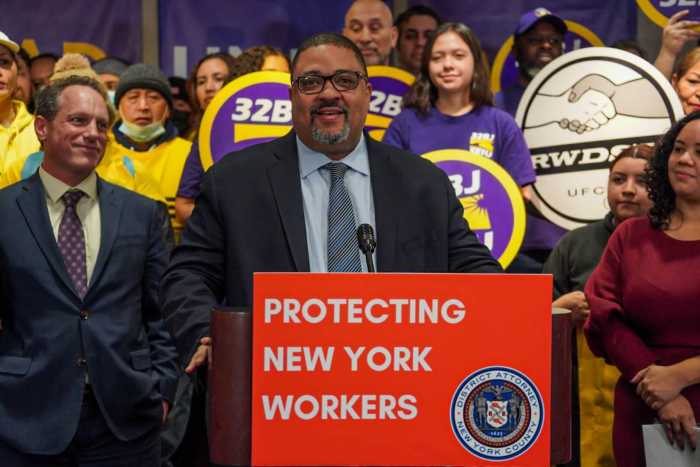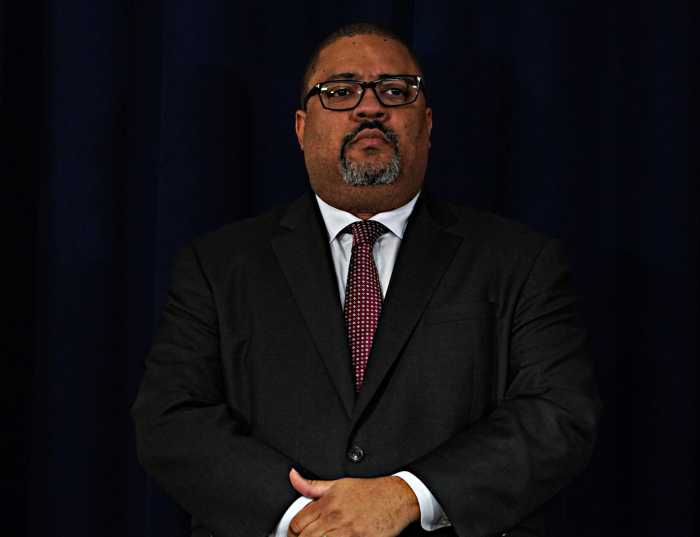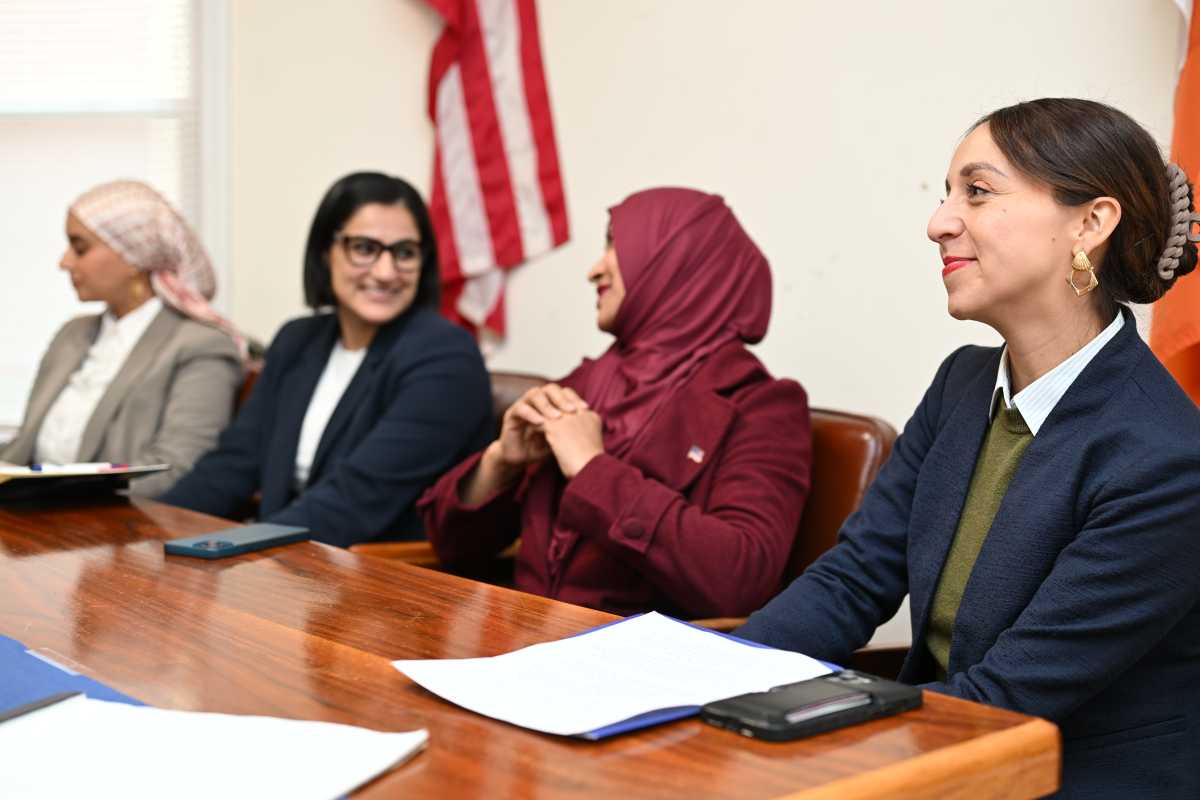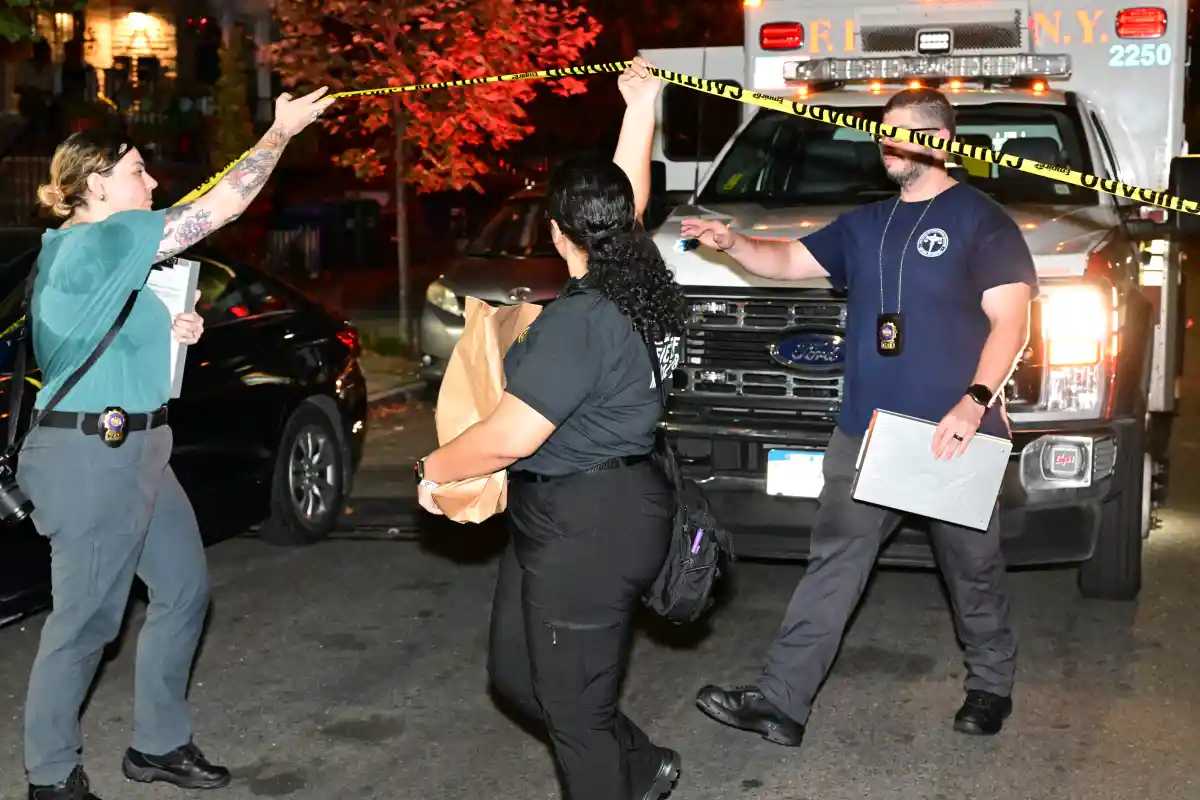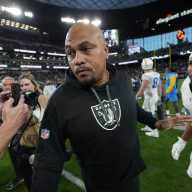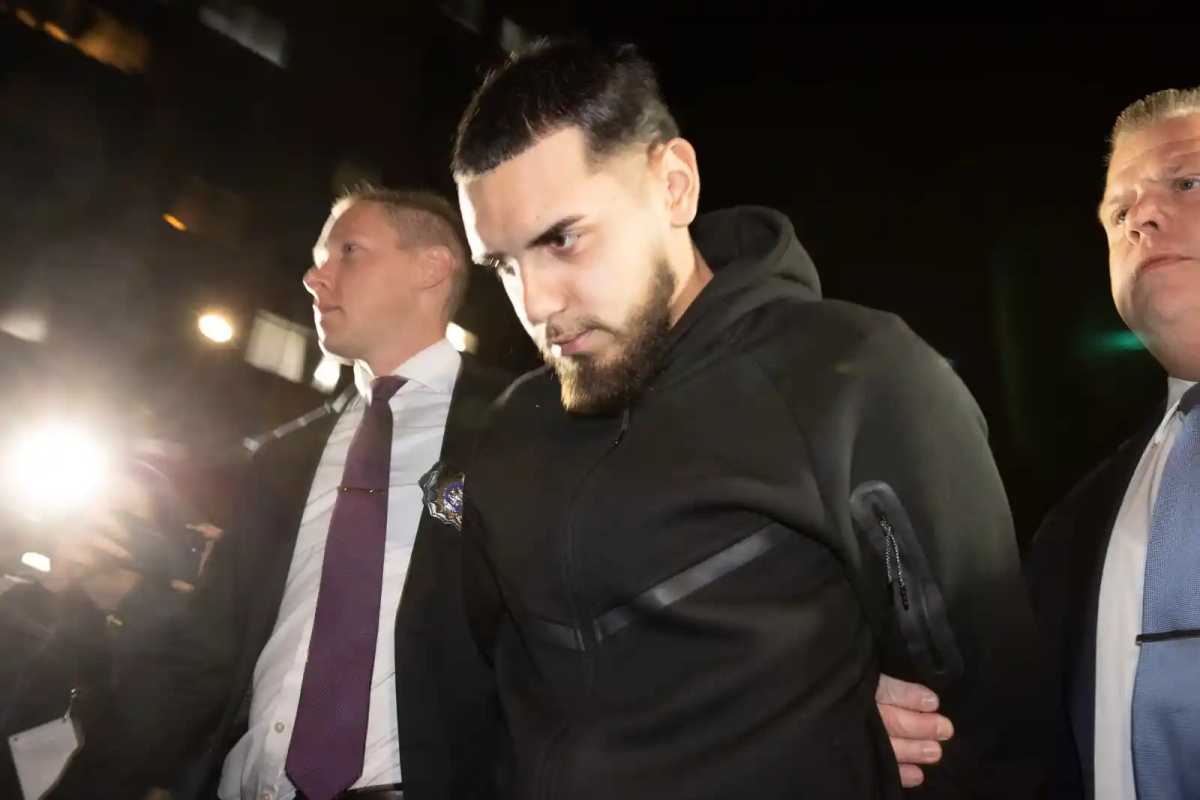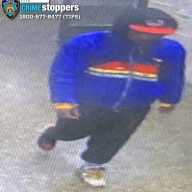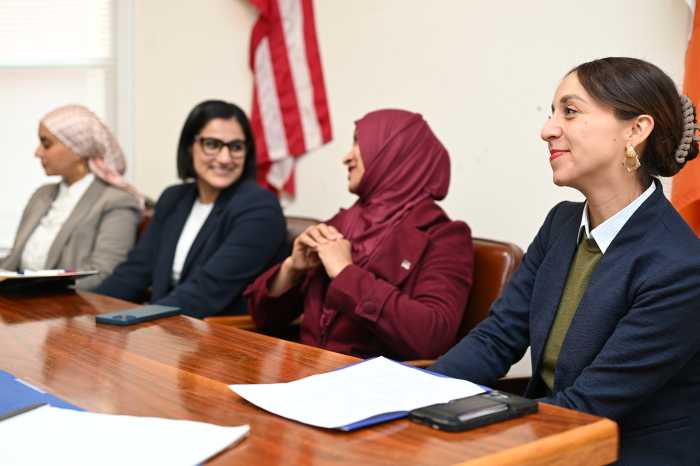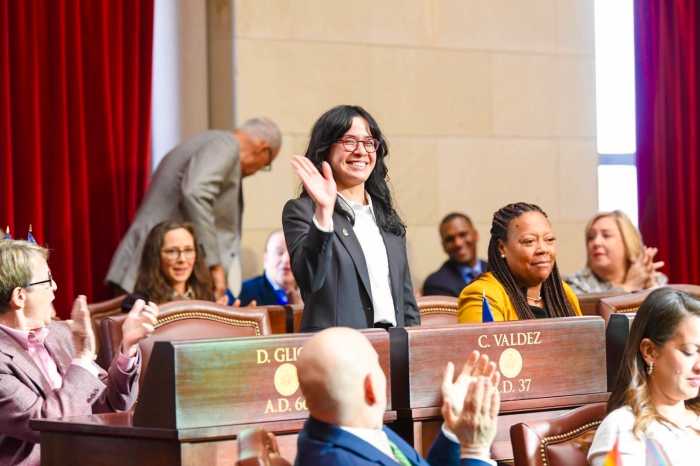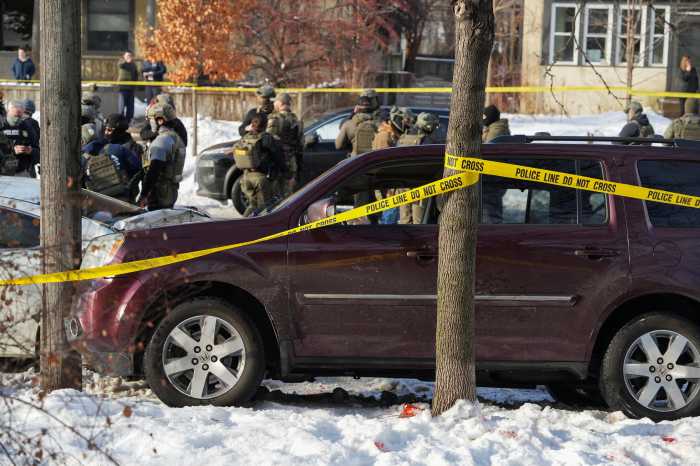The grand jury considering a potential indictment of former President Donald Trump in a hush money probe is meeting again Thursday as Manhattan DA Alvin Bragg fights off Trump loyalists in Congress demanding to investigate the prosecutor.
According to NBC New York, the grand jury reconvened Thursday after an unexpected, unexplained day off Wednesday, but it’s not believe their meeting will focus on Trump or the case itself. The panel is investigating whether Trump may have committed a crime authorizing a hush money payment to porn star Stormy Daniels, with whom he had an extramarital affair, through his former attorney, Michael Cohen.
Meanwhile, Bragg’s General Counsel, Leslie Deubeck, sent out a five-page letter to House Judiciary Committee Chair Jim Jordan, a Republican and Trump loyalist from Ohio, and others who are now seeking to investigate the prosecutor and his investigation. Dubeck told Jordan that his demands were an egregious abuse of the committee’s judicial power, and an unprecedented attempt at federal intervention into a local criminal case.
Two days ago, Trump was supposed to have been indicted and arrested in connection with the hush money investigation — at least that’s what the former president had claimed would happen in a social media tirade on Saturday about the case.
Trump had called upon his followers to “PROTEST, TAKE OUR NATION BACK!” in the event of his arrest, using language similar to those made in statements leading up to the Jan. 6, 2021 insurrection by his followers on the U.S. Capitol.
New York then began bracing for possible protests related to the potential Trump indictment, setting up barricades outside New York County Criminal Court in Lower Manhattan. Bragg was also provided extra security after he became the center of Trump’s online wrath.
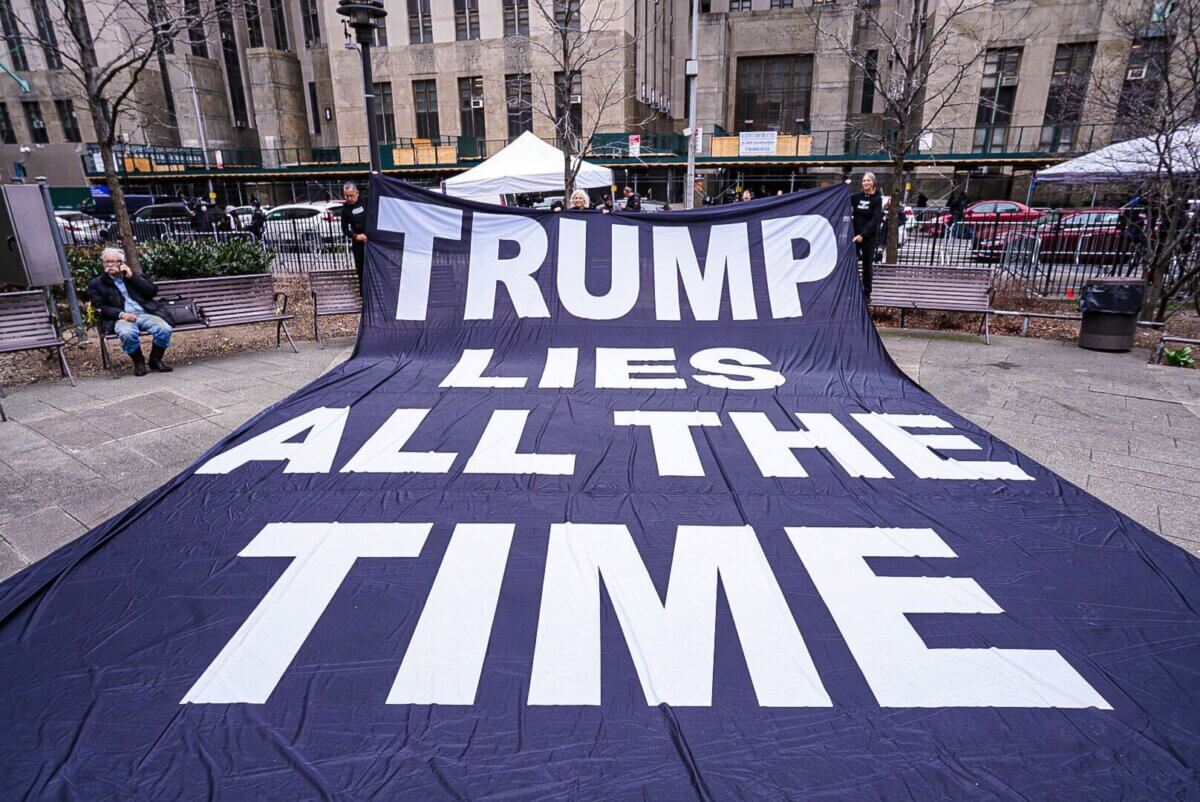
Protesters did indeed show up Tuesday anticipating the indictment, though their numbers were far, far fewer than anyone anticipated. But Tuesday and Wednesday came and went, and Trump has still not indicted with a crime.
While the grand jury will ultimately decide whether Trump should be charged, Bragg has found himself in the eye of this Category 5 media hurricane, and as Public Enemy No. 1 in the eyes of Jordan and other Trump loyalists who see the entire investigation — one of several ongoing criminal inquiries into the former president — as politically motivated.
Critics have frequently brought up an alleged association between Bragg and George Soros — a billionaire and frequent bogeyman of the right-wing — though CNBC reported that Soros has never even met or even had a conversation with the Manhattan DA.
The facts haven’t stopped the Trump loyalists, however, from alleging that Bragg is part of a vast, left-wing conspiracy to get Trump. On March 20, Jordan and two other House Republican committee chairs dispatched a letter to Bragg demanding answers, alleging that he had been engaging in an “unprecedented abuse of prosecutorial authority.”
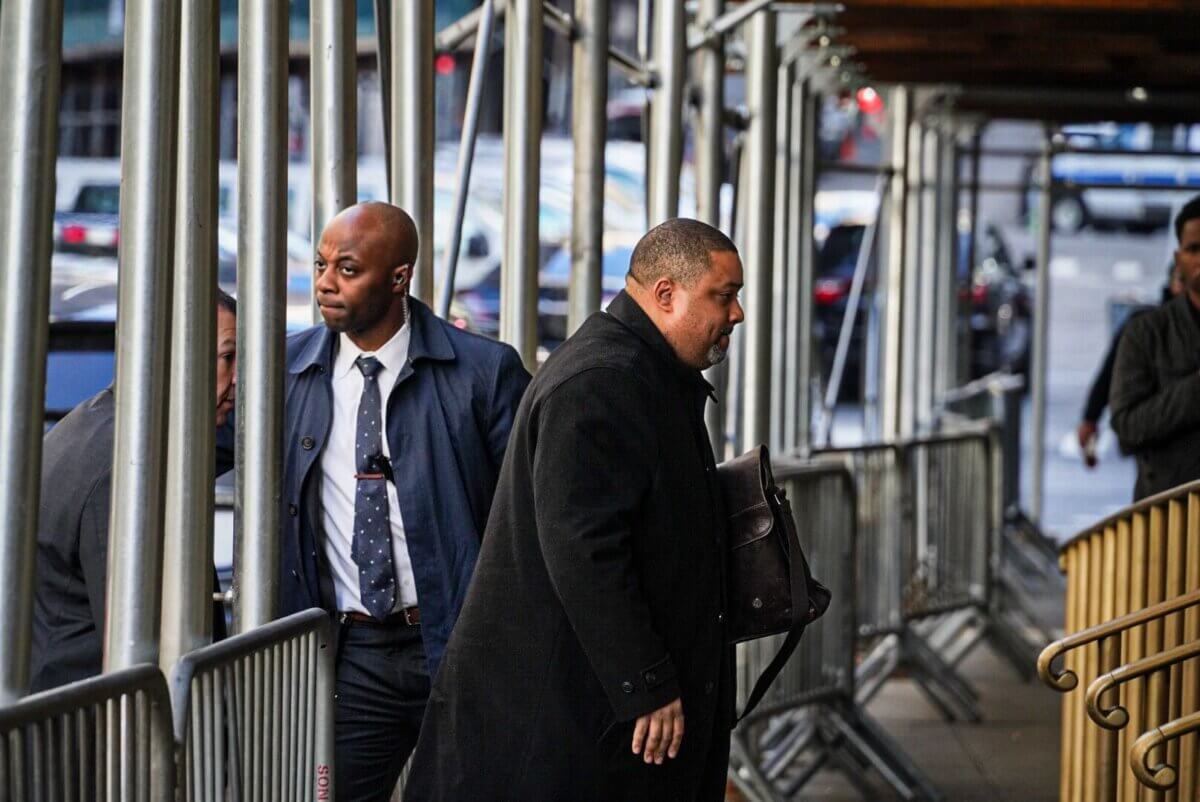
Thursday, Dubeck, on Bragg’s behalf, responded to Jordan and his colleagues that theirs was “an unprecedent (sic) inquiry into a pending local prosecution” that was launched “after Donald Trump created a false expectation that he would be arrested the next day.”
Dubeck further noted that Trump’s lawyers had “reportedly urged” Jordan and company “to intervene,” citing a New York Times report in which Trump attorney Joseph Tacopina had written to Jordan calling for a Congressional investigation into the Manhattan DA.
“In New York, the district attorney is a constitutional officer charged with ‘the responsibility to conduct all prosecutions for crimes and offenses cognizable by the courts of the county in which he serves,'” Dubeck wrote. “These are quintessential police powers belonging to the state, and your letter treads into territory very clearly reserved to the states. It suggests that Congress’ investigation is being ‘conducted solely for the personal aggrandizement of the investigators or to punish those investigated,’ and is therefore, ‘indefensible.”
Dubeck quoted from decisions in several federal court decisions related to local prosecutors as the basis for his argument.
The general counsel went on to request “a meet and confer to understand whether the Committee has any legitimate legislative purpose in the requested materials that could be accommodated without impeding those sovereign interests.”



